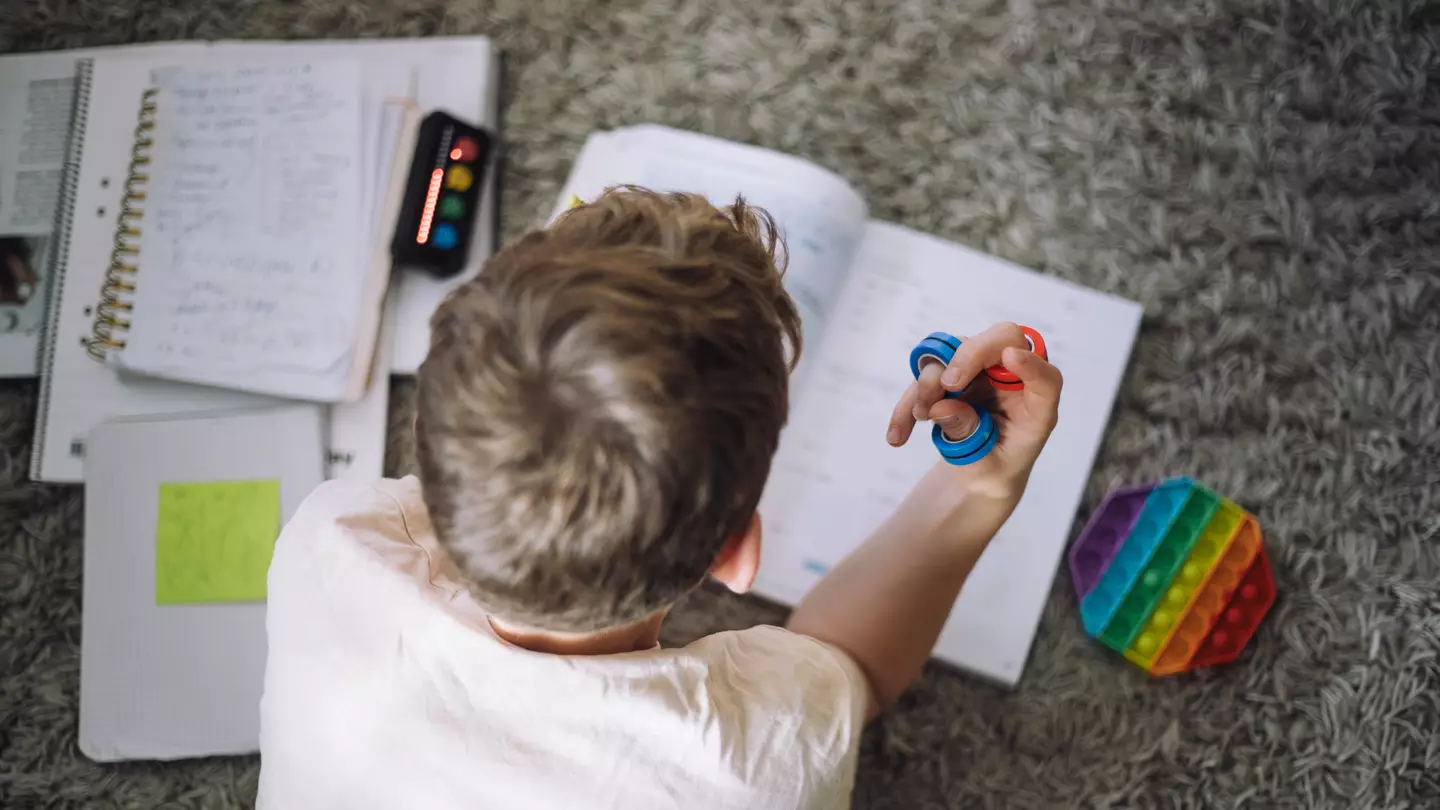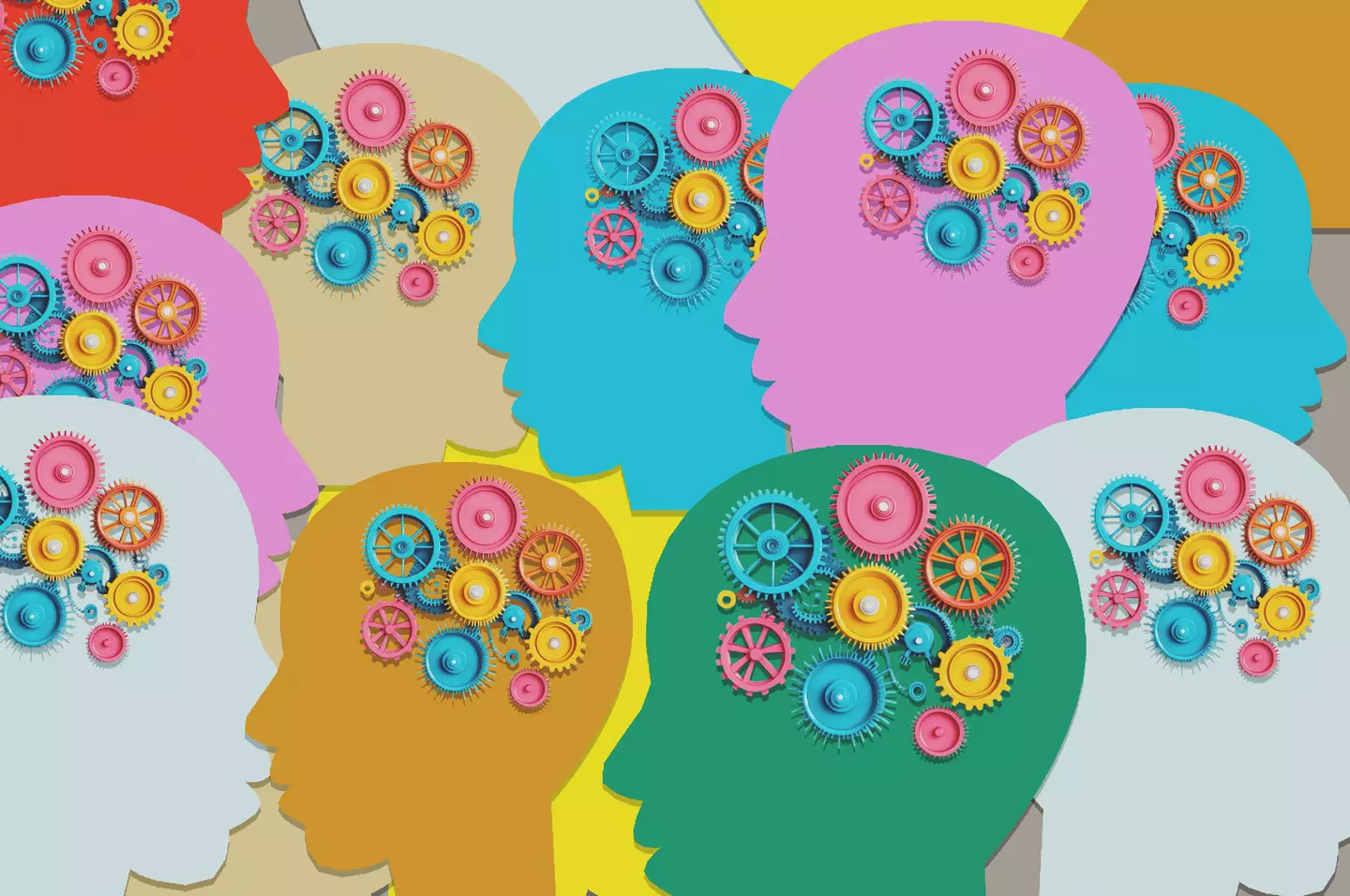
A child psychologist is attempting to raise awareness of five of the most common indicators of autism spectrum disorder in children - including one behavioural trait known as 'stimming'.
As part of her work at the Chelsea Psychology Clinic, Dr Elena Touroni assesses youngsters on a daily basis, many whose parents suspect that several peculiarities in their mannerisms could be signs of the neuro-developmental condition.
Autism is commonly diagnosed in individuals who see the world somewhat differently to their peers.
The subjectivity of such a broad definition means, however, that the condition is known to have a vast plethora of possibly symptoms, many of which have been known to vary from person to person.
Advert

Despite being infamously understudied in the past, research into autism is still ongoing, and leaders in the field are learning more and more things about the intricate condition everyday - with a particular focus on children.
As research continues, the societal understanding of the condition grows, and parents around the world are able to clue themselves up about the earliest signs of autism.
This is where Dr Elena Touroni wants to help, and this week, she shared five subtle signs of autism in children that parents can be prone to overlooking - beginning with 'stimming'.
What is 'stimming'?
According to the psychologist, this describes repetitive behaviours that some autistic children can find comforting - a sort-of self-soothing tool.
Dr Touroni explained: "Repetitive movements or speech, such as hand-flapping, rocking, or repeating certain phrases, are common in children with autism.

She added: "These behaviours can help manage sensory overload, but they can also hinder development in other areas."
The National Autistic Society adds that the process of repetitive behaviours shouldn't be condemned or stopped in young children unless in scenarios where their health, or the health of others, is at risk - examples being head-banging or vigorous rocking.
Other signs of autism in children:
1) Reduced eye contact
According to Dr Touroni, children with autism might struggle with looking someone in the eye, causing them to appear withdrawn or shy.
"But in reality," she continued. "It’s often due to sensory sensitivities or discomfort with direct social interaction."
Some children might even be able to concentrate more on a conversation when they have the freedom to look where they'd prefer.
2) Issues with socialising
Some children with autism have been known to struggle connecting with others.

While this doesn't necessarily mean that all shy or independent children have the condition, it could serve as an indicator for a possible neurological complexity.
"Children with autism often struggle to engage with peers or pick up on social cues," Dr Touroni explained.
"They might prefer playing alone and find it difficult to grasp the unwritten rules of conversation, like taking turns or reading body language."
3) Sensory sensitivities
We've already spoken about autistic children being prone to overstimulation, and according to the psychologist, this is a pretty common trait.
Expanding, she added: "They might be hypersensitive or under-responsive to things like sounds, lights, textures or smells.
"A sudden loud noise or texture might be unbearable, whereas some autistic children may not react much to pain or temperature changes."
4) Focus on specific interests
From a young age, many autistic children have been known to show highly specific interests - whether this be a favourite television show, a hobby, or a particular animal.

Dr Touroni eplained: "Often, the defining factor is that they’ll display exceptional knowledge or skill in these areas.
"This intense focus can sometimes seem obsessive and might limit their engagement in other activities."
Topics: Health, Mental Health, Life, Parenting